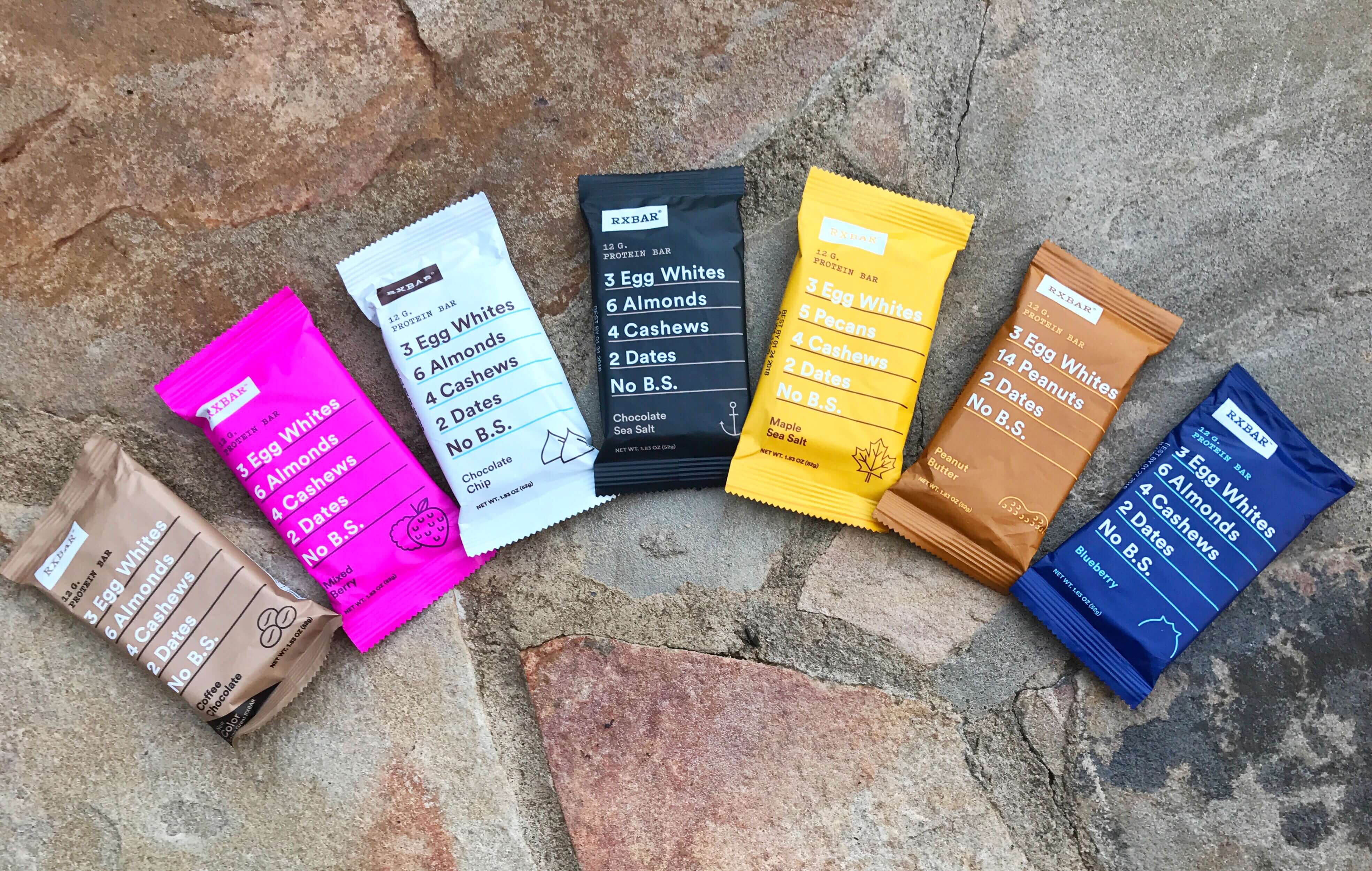5 Tips to Help with Constipation During Pregnancy
Are you currently pregnant and struggling with constipation? If so, you are not alone! Unfortunately, so many women struggle with this when they are expecting AND again when they are postpartum. Along with hemorrhoids, which are extra fun. But, I’m here to help! In this post you will find 5 tips to help with constipation during pregnancy that can provide relief quickly!
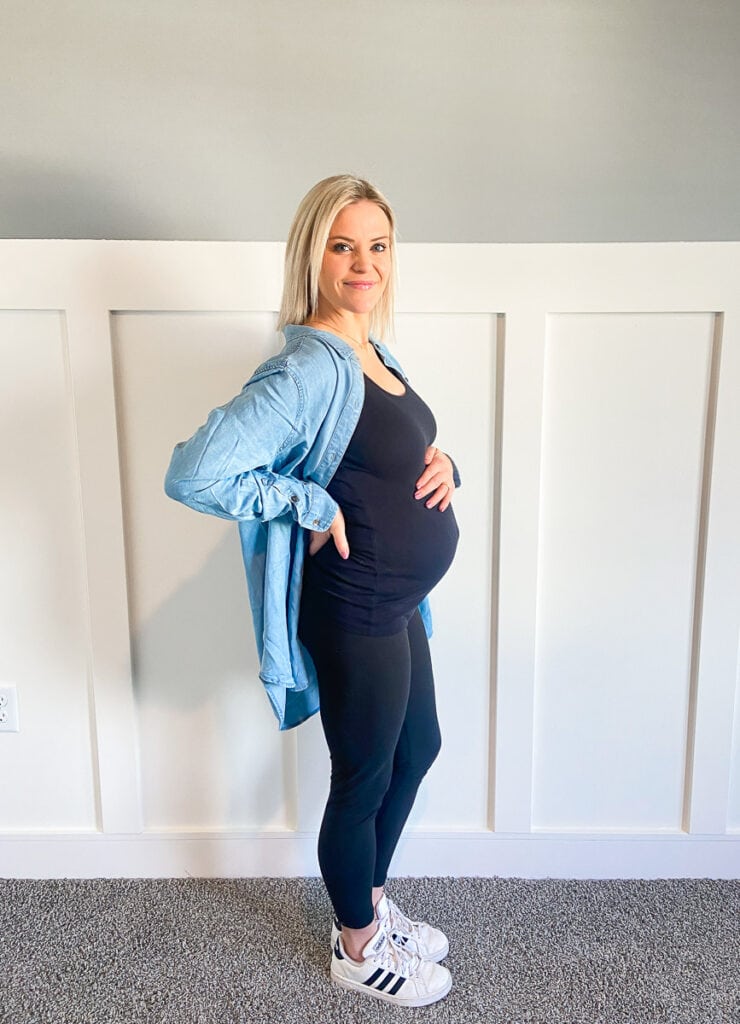
what helps constipation fast during pregnancy?
I know it can be tempting to take things like stool softeners and/or laxatives when you’re struggling with constipation, and sometimes they might be needed, BUT there are plenty of other options you can try first. Plus, you don’t want to rely on pills forever, so you might as well start trying to implement some of the other strategies now, because they will benefit you in multiple ways!
Keep reading for all of the tips to help with constipation fast during pregnancy (as well as other seasons of life).
is it OK to push hard to poop while pregnant?
When I was doing some research for this blog post, I came across this commonly asked question, and I felt it was important to address.
Short answer: no! It’s easier said than done, but do your best to avoid straining when you’re trying to have a bowel movement. This can actually cause even more issues, like hemorrhoids, and pressure on the pelvic floor.
Keep reading for more tips + resources on pelvic floor health and how you can improve this!
1. how to help with constipation during pregnancy: FIBER + FAT
Fiber is great for digestion (and all kinds of other things, like blood sugar management, helps us feel fuller longer, can lower cholesterol and more) and can definitely help if you are struggling with constipation.
What are some good sources of fiber? Well, we can only get fiber from plant foods, and of course supplements are an option, but I’d recommend starting with food first if you can.
All kinds of fruits & vegetables, beans, nuts & seeds and whole grains provide fiber. Different foods will provide different types of fiber (including soluble and insoluble), so variety is key!
Increasing colorful fruits and veggies in the diet by including them at all meals and snacks can be a big help. Chia seeds in particular are a great, fiber-packed food — try adding them to overnight oats, smoothies, or making chia pudding!
Adequate dietary fat intake can also help promote healthy, normal bowel movements, so make sure you’re getting enough from a variety of healthy sources like oils, nuts & seeds, avocados, etc.
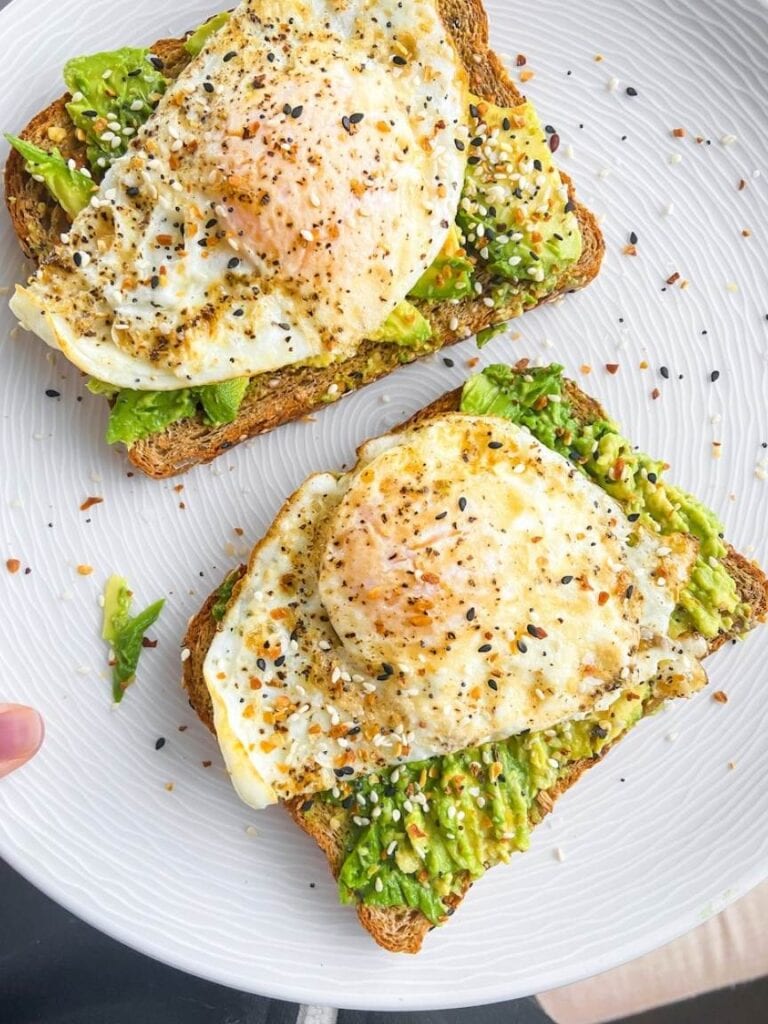
how much fiber should I be eating each day?
Aim for around 28 grams of fiber per day during pregnancy. The general recommendation is about 14 grams of fiber per 1000 calories, so needs will vary slightly, but 28 grams is a great goal.
Some specific foods that are higher in fiber include:
- Avocados
- Berries
- Beans and lentils
- Chia seeds
- Cauliflower
- Almonds
Like I mentioned above, all kinds of fruits & vegetables, beans, nuts & seeds and whole grains will provide fiber.
Choosing whole grains over white, refined grains most of the time can help you get that extra fiber, as well as other beneficial nutrients. Examples include oats, quinoa, brown rice, 100% whole wheat bread and pasta, etc.
how to get more fiber in your diet
Here are a few recipe ideas to get you started! Like I mentioned previously, being extra intentional about incorporating lots of colorful fruits and veggies is key, as well as choosing whole grains most of the time, and adding nuts, seeds and beans to meals and/or snacks.
Recipe Ideas:
- 5-Minute Protein Overnight Oats
- Healthy Chocolate Blueberry Smoothie (with greens!)
- Avocado Egg Breakfast Sandwich on Whole Grain English Muffin
- Healthy Green Smoothie
- Peanut Butter Banana Smoothie – add 1/2-1 cup frozen riced cauliflower for extra fiber
- Creamy Veggie Pasta Skillet – substitute chickpea pasta for a higher fiber option
- Mexican Veggie Quinoa with Chicken
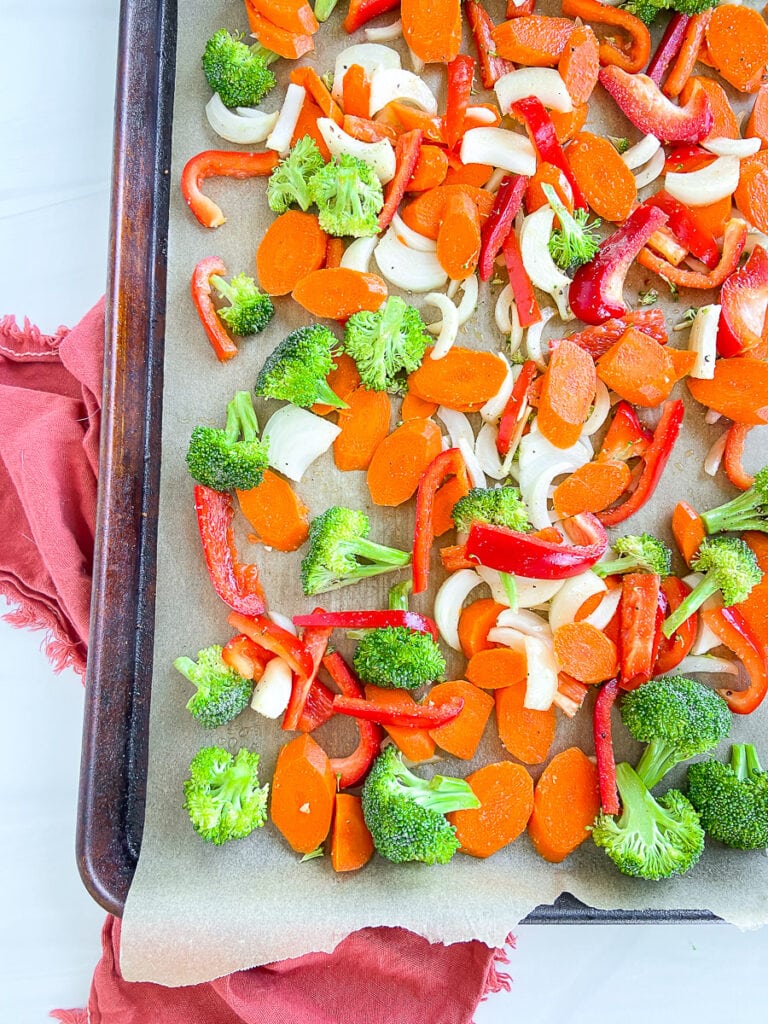
2. how to help with constipation during pregnancy: FLUIDS
Drinking plenty of water is essential for many reasons, and can help with constipation, too! The recommendation in pregnancy is to get 100 oz of fluids per day. Note: this can come from ALL fluids, including water, broth in your soup, tea, etc. Aim for mostly plain water if possible.
IMPORTANT: Keep in mind that it’s especially important to increase fluid intake if/when you increase your dietary fiber intake. Fiber is hard to digest, so if you increase too quickly, it may cause some discomfort. Be sure to up your fiber intake gradually, and do the same with water simultaneously to avoid any issues!
tips to increase water intake
I know a lot of people struggle with fluid intake, especially plain ol’ water. I cannot relate, because I LOVE water and I’m drinking constantly, haha. But if you are one of those people who has a hard time (especially during pregnancy – the struggle is real at times), then here are a few tips.
Keep a large, reusable water bottle handy at all times. This is a no-brainer, but if water is more easily accessible, you’ll be more likely to drink. If you need to, get a freakin’ cute Stanley cup to motivate you to drink more often! I bit the bullet recently and I have no regrets, haha. Cute and functional – LOVE the straw and handle, and maybe that’ll help you, too!
Shop Stanley cups here if you have been eyeing them too
Add a little flavor if you need to! Squeeze in some fresh lemon or lime, infuse with cucumber or other fruits, etc. You can even go for things like Body Armor LYTE sometimes too, when you really need some extra flavor. The LYTE ones have no added sugars, but they do contain sugar alcohols, which can cause digestive discomfort for some people, so just something to be aware of!
You can even go for some 100% fruit juice (with no added sugars) to get some fluids in. V8 has an awesome greens juice that is super yummy and you can even dilute your juice with a little bit of water to stretch it and reduce the sugar content per serving.
3. how to help with constipation during pregnancy: PHYSICAL ACTIVITY
Moving your body can also help move your bowels, so get moving!!! Getting a daily walk in can be helpful in so many ways. It is great for you physically AND mentally, and if it helps you go to the bathroom more regularly, that’s a win-win-win! I have been loving going on walks whenever I can during both pregnancies now. Such a mood booster, too!

Other forms of movement may be helpful for constipation as well – just be sure they are pregnancy-safe and you are listening to your body as you go, especially as you get further along!
My favorite during this pregnancy has been the @expectingandempowered workout app. They have workouts for all stages of pregnancy AND postpartum, so I love knowing that everything I’m doing is not only safe, but also effective and specifically designed for the stage that I’m in to best support me and baby.
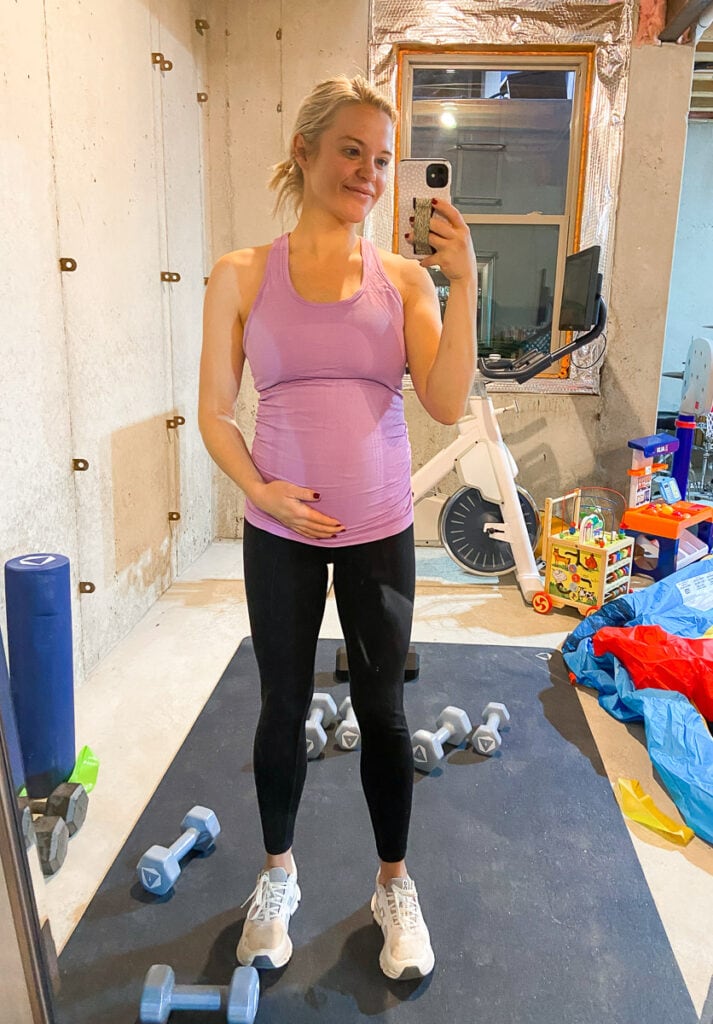
You can use my affiliate code WELLNESSFORTHEWIN to save on your subscription to the Expecting and Empowered app! They also have yoga, core and running workouts inside the app, as well as Spotify playlists you can use while you workout!
The pregnancy workouts are programmed to be about 30 minutes long (which I love – it feels very doable), and include flexibility moves, pelvic floor exercises and otherwise, they are largely strength training focused.
These workouts are perfect for keeping you strong throughout your pregnancy as well as preparing your body for labor + delivery and of course, motherhood / postpartum!
CHECK OUT E&E APP + OTHER RESOURCES HERE
4. how to help with constipation during pregnancy: SQUATTY POTTY
When I was postpartum with Rhett, one of my BIGGEST complaints and worst symptoms was hemorrhoids. TMI, but it was so rough, and unfortunately I know that so many moms suffer from this. (Check out this post on postpartum truths that no one talks about if you need some solidarity.)
It is often recommended to take stool softeners for a while postpartum, which I did, but I still had hemorrhoids. I think this was from a variety of things, including bearing down and pushing during labor. I worked with a pelvic floor PT (shout out to @doclizziedpt – she is amazing) when I was postpartum and she recommended using a squatty potty to help with better posture during bowel movements.
Well, here I am during my second pregnancy, struggling with constipation and whipping out my squatty potty and it has actually been super helpful. Definitely recommend snagging one if you are pregnant, because you just may need it when you are postpartum as well! Also, non-pregnant people can totally benefit from using one!!! Your partner might end up loving it, too. ; )
While you’re at it, grab these motion-activated toilet bowl lights. SO clutch for peeing in the middle of the night, haha. If you’re pregnant and getting up multiple times, you need. Trust me.
5. how to help with constipation during pregnancy: CHECK YOUR SUPPLEMENTS
It is generally recommended to supplement with iron during pregnancy (27 mg per day, in fact, compared to daily recommended intake of 18 mg per day in non-pregnant women); however, iron supplements unfortunately tend to come with unpleasant GI side effects, especially constipation.
The form of iron that seems to be better absorbed AND causes fewer side effects is iron bisglycinate. Ferrous sulfate is common but seems to cause more issues for women, so if you’re currently taking that and having problems with constipation, reflux or other GI discomfort, try an iron bisglycinate supplement instead and see how that goes!
Note: many prenatal supplements have iron lumped inside of them, so if that’s the case for you and your supplement, you might look into other options if you suspect that the iron is causing trouble.
I take FullWell prenatals (and fish oil supplements), which do not contain iron, since needs are so individual. That gives you the option to supplement IF you want/need to, with the amount and form of iron that works best for you. You can use my affiliate code WELLNESSFORTHEWIN to save on FullWell supplements.
I’ve used FullWell supplements since 2020 and feel so great about all the research that has gone into these products, and they third-party test every single batch for harmful contaminants like heavy metals. I recorded a podcast episode with the founder, Ayla Barmmer, on prenatal nutrition and we also discussed the supplements if you’d like to learn more. Listen to that episode here.
BUT ALSO, try to get as much iron from your diet as possible. This is ideal, anyway. Food first is always a good approach, with all nutrients!
Animal foods like meat are going to be the best sources with the most absorbable form of iron (heme iron). Think: liver, venison, beef, fish, and poultry, etc. Variety is great.
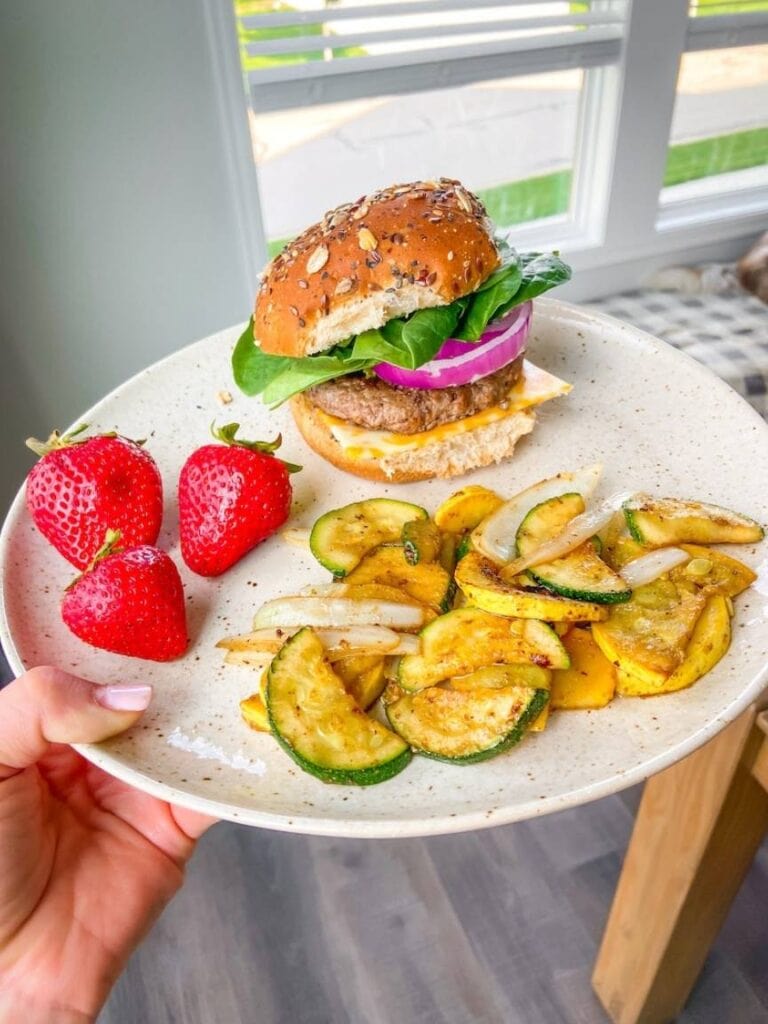
Yes, there are plant foods that can provide some iron as well, and we can enhance our absorption of non-heme iron by pairing these foods with a source of vitamin C, like strawberries, citrus fruits, broccoli or bell peppers.
Some plant sources of iron include beans and lentils, tofu, dark leafy greens, and whole grains. There are some foods like cereal that are fortified with iron, but they are not going to be as highly absorbed as other options. Just know you’re going to get a lot more bang for your buck in terms of iron from animal sources.
Continue to monitor your iron levels with your doctor throughout your pregnancy. If you are a vegetarian or vegan, or simply struggling to get adequate protein (especially meat) during your pregnancy, you will likely benefit from supplementing, especially in late pregnancy.
Note: none of this is medical advice. Be sure to chat with your OB/GYN and/or PCP to determine what is right for you and your needs.
A few iron supplements that are third-party tested and contain iron bisglycinate:
Another supplement that *may* help with constipation is probiotics. According to the Real Food for Pregnancy Book by Lily Nichols, RDN, CDE, a study showed that a probiotic with Lactobacillus and Bifidus strains taken daily helped with constipation AND acid reflux as well.
I am in my third trimester of pregnancy 2 as I write this, and just recently started taking a probiotic. I have had AWFUL acid reflux throughout this pregnancy, but I actually do think I have noticed an improvement in my symptoms since starting the probiotic. It could be a coincidence or combination of things (maybe the baby has dropped a little lower / less pressure on my stomach) – who knows, but I will TAKE IT!
Probiotic I’ve been taking (you can also use WELLNESSFORTHEWIN to save on @needed supplements directly through their website):
Additional Resources to check out:
- I highly recommend checking out Real Food for Pregnancy by Lily Nichols, RDN, CDE! It’s packed full of so much helpful information. Even as a dietitian myself, I have learned so much from this book and from Lily’s content!
- Check out the podcast episode I did with Dr. Lizzie Kieffer, PT, DPT on pelvic floor health before, during and after pregnancy, and be sure to check out her Instagram for TONS of helpful & free content, as well as her YouTube channel. So much amazing info!
Check out some of my other pregnancy & motherhood-related posts and podcast episodes:
- Baby Registry Must-Haves
- Episode #8: Optimizing Nutrition Before, During and After Pregnancy with Ayla Barmmer, MS, RD
- My Favorite Things During Pregnancy
- Episode #40: Pelvic Floor Health Before, During & After Pregnancy with Dr. Lizzie Kieffer, PT, DPT
- Episode #47: All Things Breastfeeding & Pumping with IBCLC Summer Friedmann AKA Done Naturally
- Episode #48: Breastfeeding Part 2: Busting Myths, Pumping, Weaning and More with Summer Friedmann, IBCLC
Was this helpful? If so, please share it or let me know in the comments below! I appreciate you!
XO,
Shanna

